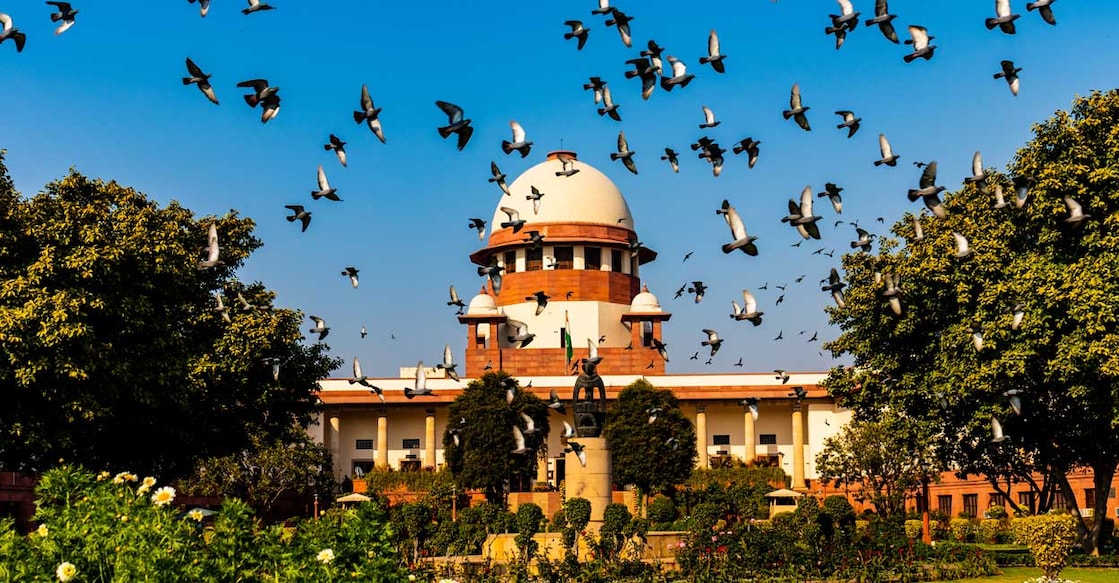Manipur violence: SC orders transfer of CBI cases to Assam

Mail This Article
New Delhi: The Supreme Court on Friday directed the transfer of the trial in the Manipur violence cases being probed by the CBI to neighbouring Assam.
The bench also asked the Chief Justice of the Gauhati High Court to nominate one or more judicial officers to deal with the matters.
Passing a slew of directions, a bench headed by Chief Justice D Y Chandrachud said judicial procedures related to the production of accused, remand, judicial custody and its extension will be conducted online at a designated court in Gauhati.
Judicial custody of the accused, if and when granted, will be done in Manipur to obviate transit, it said.
The bench also permitted persons, including victims, witnesses and others related to CBI cases, to appear physically before the designated Gauhati court if they don't want to appear online.
It directed the Manipur government to provide proper internet services to facilitate hearings in CBI cases through online mode at the Gauhati court.
On August 21, the top court appointed the Justice Gita Mittal committee to oversee the relief and rehabilitation of the victims of ethnic violence in Manipur.
Over 10 cases, including the one related to the sexual assault of two women whose video had gone viral on social media, were transferred to the CBI.
Noting that many Manipur residents may have lost their identity documents in the ethnic strife, the Supreme Court-appointed panel has urged the top court to pass a slew of directions to the state government and others, including the UIDAI, to ensure Aadhaar cards are made available to those displaced and the victims' compensation scheme is broadened.
The panel had submitted three reports highlighting the need for the reconstruction of identity documents, the upgradation of compensation and the appointment of domain experts to facilitate its functioning.
More than 160 people have been killed and several hundred injured since ethnic violence first broke out in the state on May 3 when a 'Tribal Solidarity March' was organised in the hill districts to protest against the majority Meitei community's demand for Scheduled Tribe status.
(With PTI inputs)

